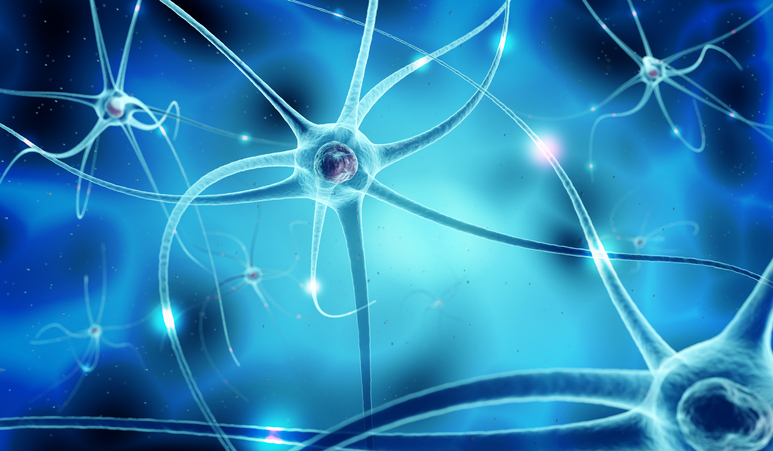Pain
What Is Central Sensitization?

Central sensitization (CS) is a condition in which the nervous system becomes continually stimulated which causes intensified pain sensations. It is associated with chronic pain progression due to an increased response to neurons in the central nervous system. Central sensitization decreases pain tolerance and produces lingering pain sensations after an initial injury has healed. Pain signals travel through a path in the spinal cord to the brain. Central sensitization causes this path to enlarge rather than restrict. The nervous system becomes impaired which leads to magnified pain sensations.
Symptoms
The two major characteristics of central sensitization involve heightened pain sensitivity (hyperalgesia) and intensified touch sensations (allodynia). The most common symptoms of CS include constant pain, sleep interference and fatigue. Central sensitization symptoms may be mild for years; however, a minor mishap or illness can cause it to flare. Central sensitization can lead to widespread or generalized pain.
Risk factors
Risk factors that are associated with the development of central sensitization include, but are not limited to, the following:
- Early childhood trauma
- Genetics
- Injuries
- Fibromyalgia
- TMJ disorders
- Chronic fatigue
- Irritable bowel syndrome
- Interstitial cystitis
- Non-cardiac chest pain
- Chronic headaches


















